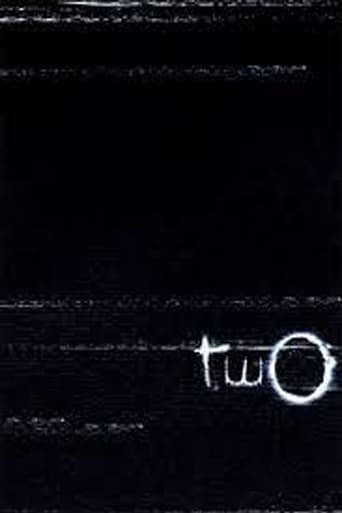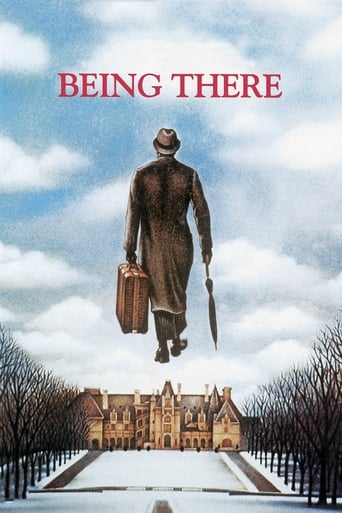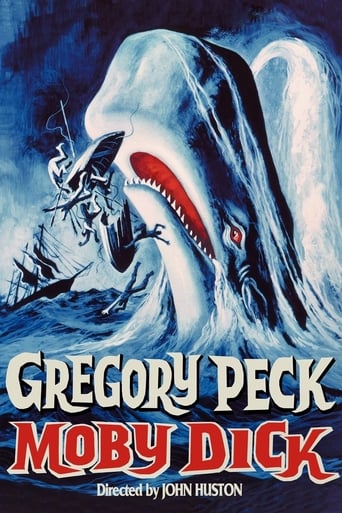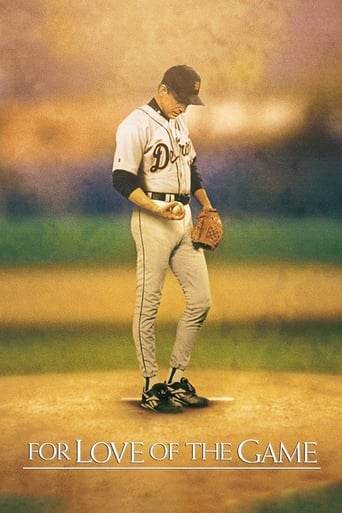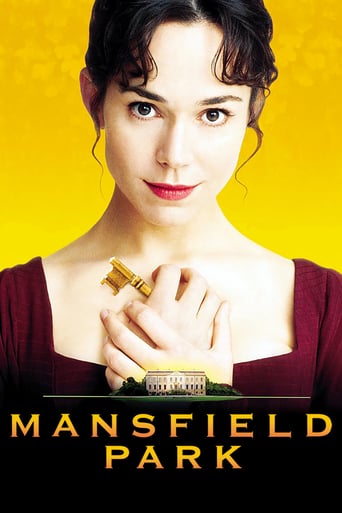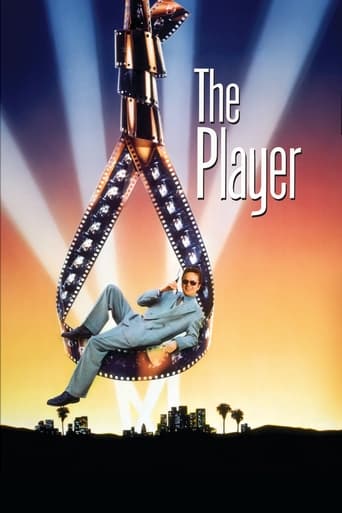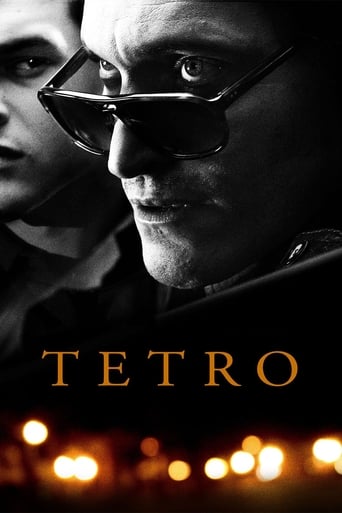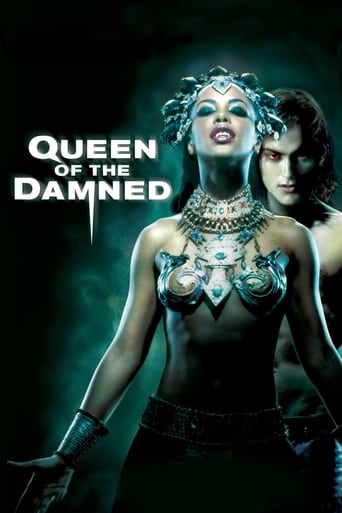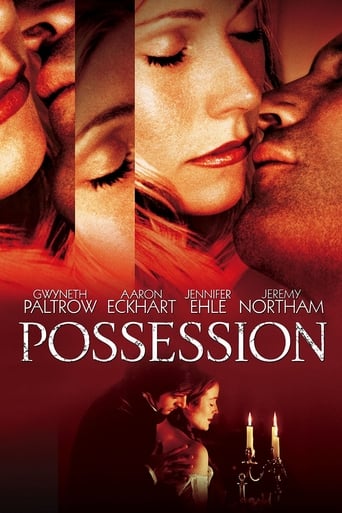
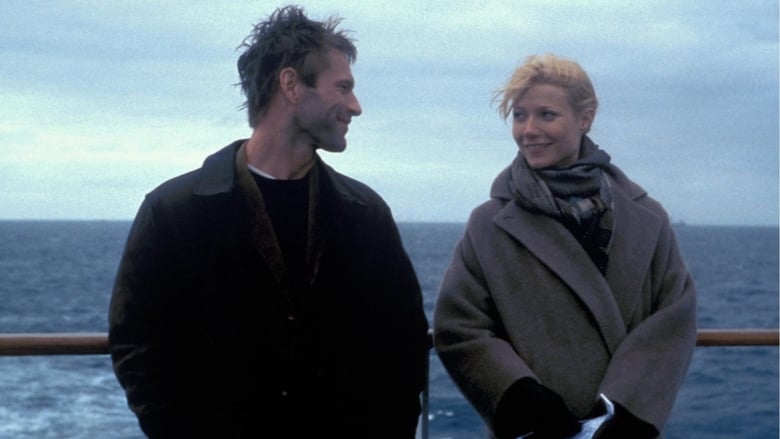
Possession (2002)
Maud Bailey, a brilliant English academic, is researching the life and work of poet Christabel La Motte. Roland Michell is an American scholar in London to study Randolph Henry Ash, now best-known for a collection of poems dedicated to his wife. When Maud and Roland discover a cache of love letters that appear to be from Ash to La Motte, they follow a trail of clues across England, echoing the journey of the couple over a century earlier.
Watch Trailer
Cast


Similar titles
Reviews
I liked this film; and had no concerns whatsoever about watching it, despite the relatively low financial return, which I don't understand and also, the relatively mediocre percentage on Rotten Tomatoes, which I also don't comprehend - the latter of which I generally check before watching a movie, the former to see whether it's an indie or not.I guess that this genre is not for everyone; to me it's a Jane Austen with added intrigue or a sophisticated Dan Brown with less intrigue.There is lots of innuendo and suggestion, which unfortunately is generally bluntly explained shortly thereafter; it would possibly have been more interesting to keep it more mysterious and therefore make the viewer think longer than a few seconds.I enjoyed it overall and would recommend it to those of a literary bent, it's not a popcorn flick.
Maud and Roland are brilliantly performed by Paltrow and her fellow lead, however LaMotte and Ash are the ones that will capture at once your interest! I ranked this film with an 8, mainly because I liked it even better than the book itself!!! The core of the story is all there, but the truth is being revealed at a faster and more appealing pace, without the long poems, short stories, diary entries and other literary works (not to mention other subplots) that the novel is full with...The only cost in those omissions were the philosophical battles behind both authors' writings and of course the significance of LaMotte's magnum opus "Melusina" for herself and literature, that is only mentioned once and in a harry at the film by Ash, as "the Fairy Project"...Another point that should be more emphasized in the film would be the various meanings of the title word (possession) as they are used in the book. The main question was whether "we own/possess the ones we love?". Also, the point that Roland started his research by keeping letters that were not in his possession... And..."the letters should belong to the senders or their receivers?" Also... there is a pun with the alternative meaning of "possession", that is "an idea or maybe a feeling that takes possession of your mind, an obsession".I am grateful to the writers that left outside the film some irritating characters, like Roland's fiancée and the two other female scholars (one expert on Ash's wife and another expert on LaMotte)...
Two literary researchers, a man and a woman, start doing a research to find evidence that a laureate poet of the Victorian era in England had betrayed his wife despite the fact that his biography described him as a faithful husband never interested in other women. Discovery after discovery they finish by finding documents (i. e. letters) that show new clues which lead to results confirming that in fact the poet had a love relationship with a poetess of his times though only for a short period. The movie develops itself in two parallel folds closely intertwined in an intelligent cut, one showing the scenes lived by the two researchers while the other goes 100 years back to show the scenes of the love story between the two poets. The succession of sequences of both epochs is very agile and sometimes there isn't even a shot changing; a simple camera horizontal traveling takes us to the 19th century even since many scenes of both times take place at the same spots, interior or exterior. Of course from a certain moment on and very naturally, the professional relation between the two researchers transforms itself into a love one that runs parallel to the other one. Both love stories are somewhat complicated: the first one because we are in Victorian times where such extramarital relations were not simple at all and besides that we are in presence of two spiritually and intellectually superior human beings that live their love in a refined way though not exempt of doubts and uncertainties; the second one because the researchers are also superior beings and the love freedom of the current times has not freed lovers from similar doubts and uncertainties. The movie's detective feature appears now and then in moving episodes like for instance the fight at the cemetery near the end. Another existential curiosity is when the poet says at a certain point that he goes on loving his wife though in a manner different of the one in which he loves the other woman. This is very modern because nowadays some psychologists discuss the possibility of a man loving two women (or a woman two men) simultaneously though in different ways. Finally we can perhaps say that both love stories though genuine and authentic lack some deepness in terms of analysis. Nevertheless this is a good movie worth to be seen.
Watching Gwyneth play the insipid role of Gwyneth with her blue blood accent, and Aaron Eckhart playing a gridiron player who somehow loved nothing better than a poetry touchdown, I thought, the best one might do to salvage this tragic film would be to swap the leads over. Their Victorian counterparts were wonderful, with a depth to their portrayals utterly convincing. That said, I guess the shallow romance of the modern protagonists (as depicted by the screenplay - Byatt's writing being the superior) was perhaps best befitted by the actors who played them. Enough range in their beings to slap together a limerick perhaps, nothing more though.





